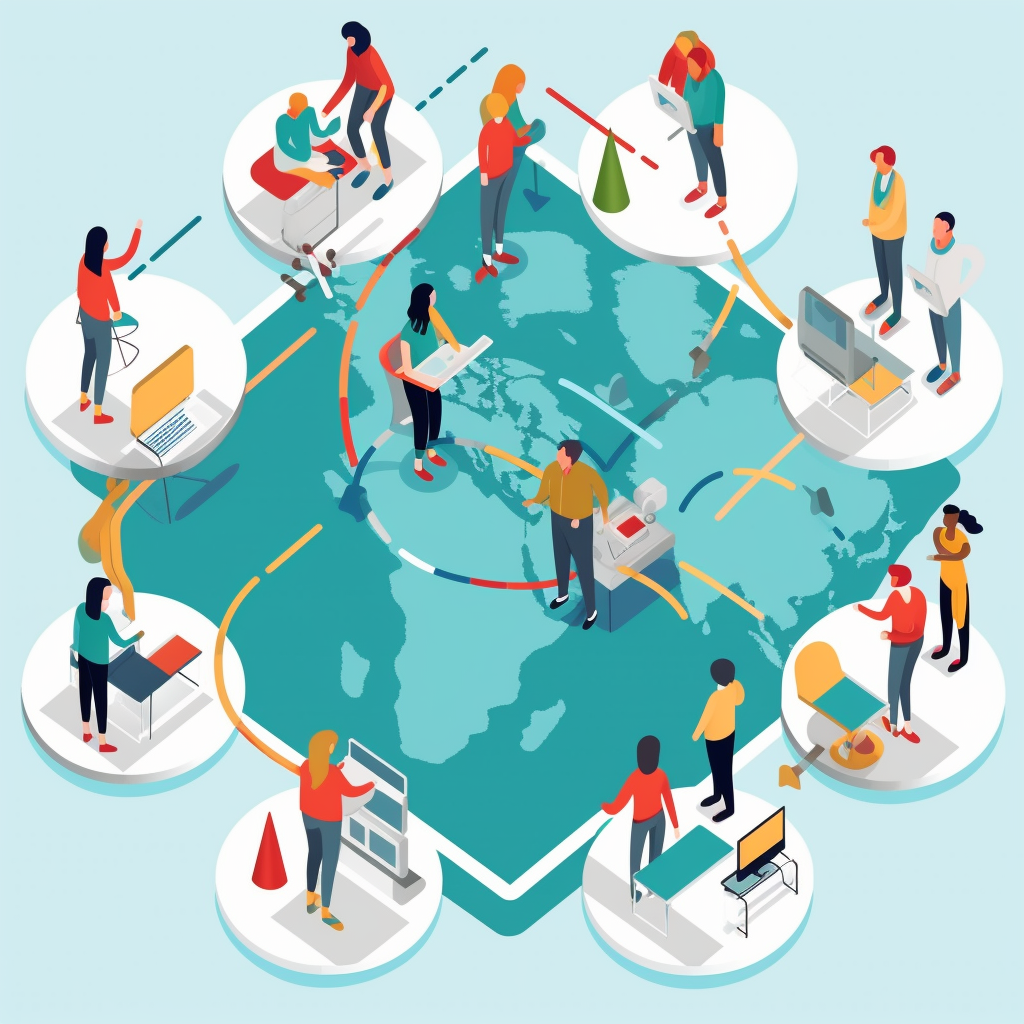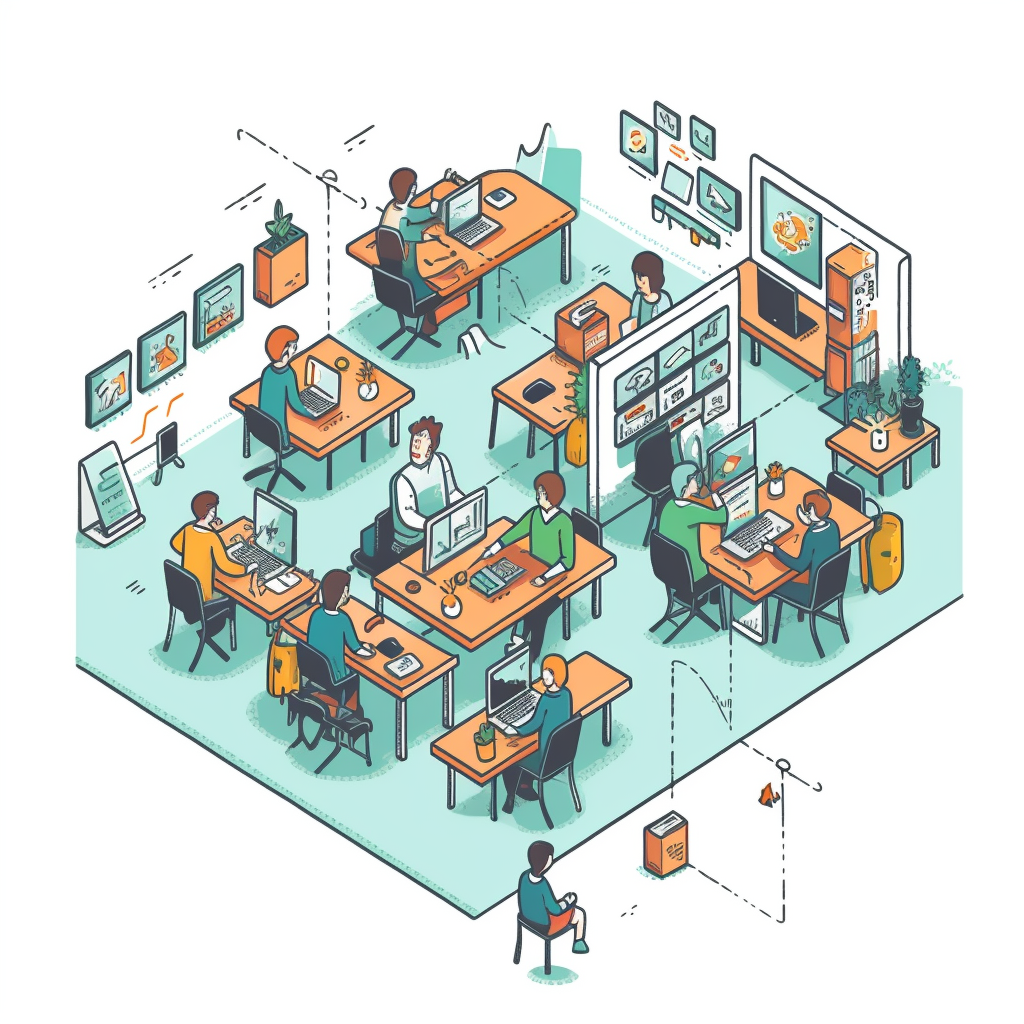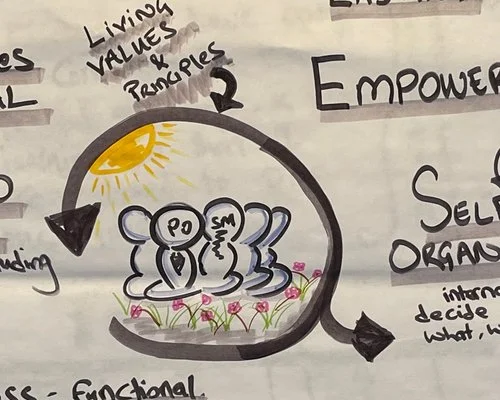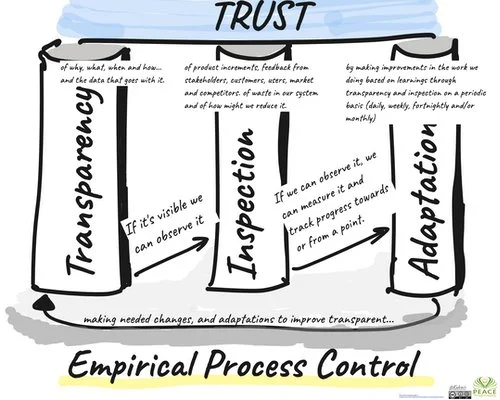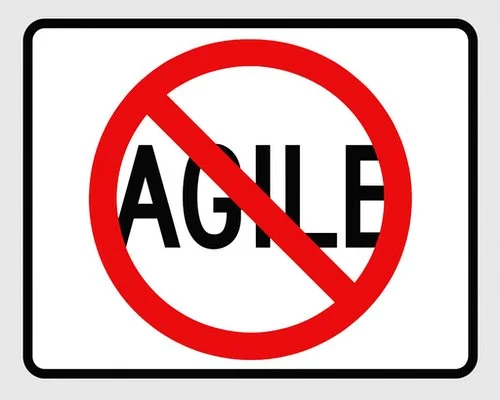Remote team building using agile methodology
Remote teams are now the norm. Not just across cities, and countries, but continents. Post-pandemic working has shown that teams can be productive regardless of geographies so long as they are built wisely, and connections are maintained efficiently. But this is easier said than done and in my line as an agile transformation coach I am often approached by employers who are struggling to build strong teams when members are geographically dispersed, as well as by those wanting to maintain the qualities and strength of a mature, high performing team now working remotely. Through my work with Agilitea I coach businesses on all aspects of bringing in agile methodology for greater commercial success.
In this blog I will share with you not only how to build remote teams, but how to employ team building skills for a remote workforce. I will share my experience both of agile methodology, and as founder of Peace Through Prosperity, a not-for-profit social transformation project that has seen thousands of microentrepreneurs from minoritised communities work themselves out of poverty and away from the influence of, or vulnerabilities to, radicalisation.
Building a remote team
Being based in the UK with a charity that runs projects in Pakistan, Egypt and Yemen, I know all about the challenges of recruiting across the globe. It is essential you recruit people with knowledge of the area - both geographically and vocationally - but also ones that fit with your ethics and work model.
For a current project I am excited to have a Scrum Master based in the US facilitating my Peace Through Prosperity team in Karachi. I found Jennifer, a former teacher through global scrum networking, and she works effectively across continents and timezones to co-ordinate day-to-day progression of the project.
Things to consider when recruiting remotely
Is the candidate aligned to our purpose and shares our values?
Can the candidate be flexible with hours to meet varying time zones?
Do they have the right equipment/access to connections and if not can you support them by sourcing this?
Are they happy to respond to agile ways of working and be reactive when situations demand new or adapted processes?
Are you fulfilling their needs? The happier an employee is, the more they want to stay in work with you. A happy worker is a productive one!
Managing a remote team efficiently
Being stationed in one place when your workforce is in another can be challenging, but it is possible and by employing agile methodology can be overseen in a clear and concise way. I frequently travel to Karachi to meet the team, but am not able to visit Yemen and Egypt so often. The teams there, however, with the assistance of a Scrum Master, are still equally valued and active parts of Peace Through Prosperity. The teams talk to each other, they share knowledge and experiences, and senior leadership team members communicate with each other and me to ensure that plans and projects are run cohesively.
How to work efficiently as a remote team
I frequently speak on the importance of creating an agile work environment for the benefit of employers, employees, and investors. Being and doing agile is not a programme of work with a defined beginning and end, it is a transformative journey in pursuit of continuous improvement, and involves changing our behaviour that then changes our actions, decisions and how we engage with people and jobs to be done. Understanding this is imperative if you are to build a successful and happy remote team. You will never finalise your agile remote working environment, you will consistently listen to customers, colleagues, employees, market and your competition and adapt to suit the needs of people, teams and the business.
However, firm structures can be put in place using agile methodology so that time is not wasted and energies do not wane or get misdirected. Arrange for regular and consistent ‘checking in’ as well as weekly feedback reports so that each member of the team knows their duties, the expectations of other members, and what everyone else is doing.
Team building skills for remote teams
It is essential that a remote team feels connected, that people are comfortable to say what they think and happy to work fluidly with others despite not being in the same locations.
You don’t have to be BFFs but you need to know each other as human beings.
I find it invaluable to organise online events where everyone can come together in a social environment and wind down from a tiring day or project. From structured activities to post-work chats or relaxation sessions, find out what works for your team. And what does not! You always need to include a ‘right to pass’ for those who just aren’t feeling it. There is no gain from a team building exercise if someone doesn’t want to be there. If they are not comfortable, or simply have more pressing priorities, they need to feel confident to raise this and opt out.
If you found this article interesting and would like to learn more about effectively mastering the art of remote team management, join me for a cuppa by clicking here.
Want to read more? Check out this blog on the benefits of an agile working environment.






